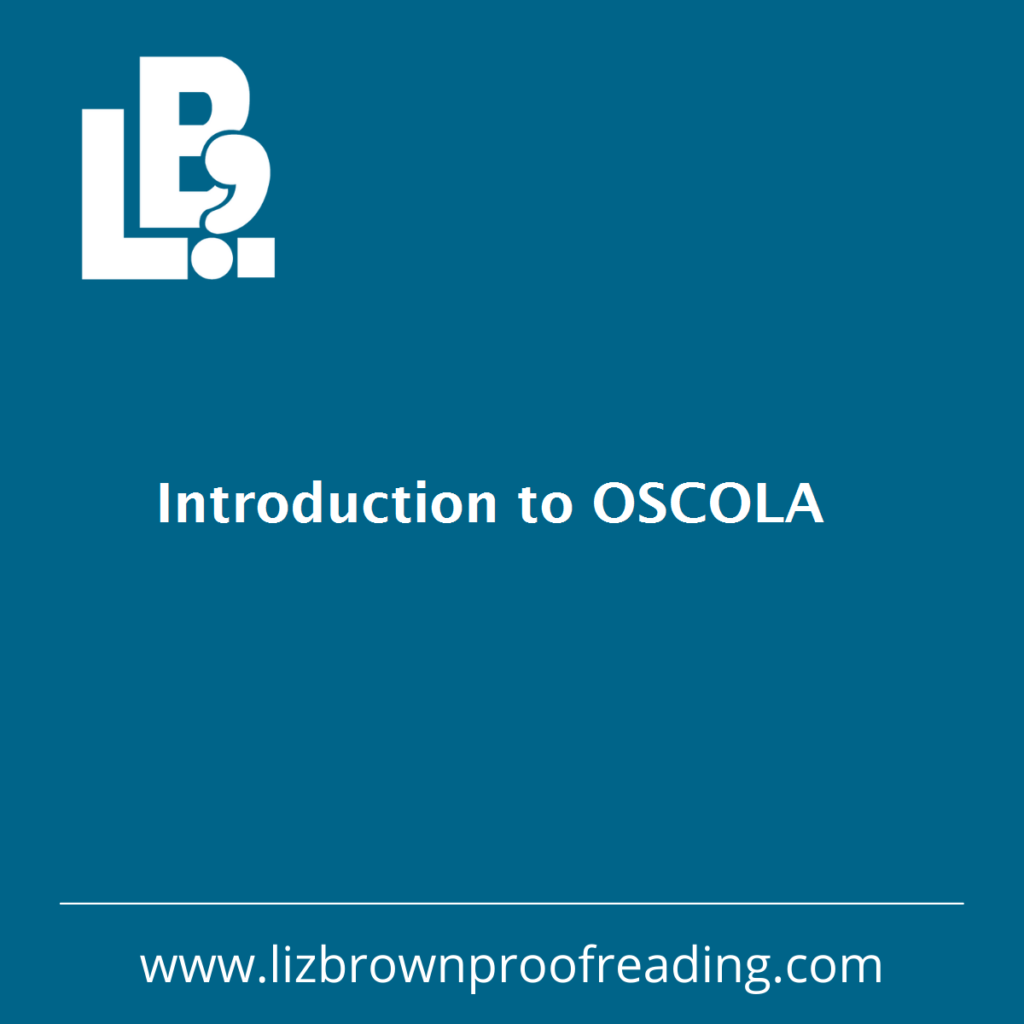What is OSCOLA?
The Oxford Standard for the Citation of Legal Authorities – OSCOLA – was developed at Oxford University in 2000. It is now in its fourth edition, which was published in 2012. The 61-page guide to legal referencing is published under a Creative Commons Agreement, so you can download a free copy of the PDF or the handy one-page summary sheet from the University of Oxford law faculty website. In addition to the main guide, in 2006 a smaller guide to citing international law was published as this was not covered in the main document. As time moves on, the type of documents researchers examine changes, especially in the digital age. These are likely to be covered in the next edition, but meanwhile you can find guidance on citing electronic material and other tips on the Oxford frequently asked questions pages.
How does the style differ from other referencing formats?
The objective of OSCOLA is consistency and clarity in legal writing. Hence, it keeps punctuation to a minimum and does not clutter the written text with bracketed, author-date citations such as those used in the APA or Harvard styles. OSCOLA is a footnote style. This means that all your citations of legal cases, statutes, books and articles appear in footnotes at the bottom of the page and longer works such as theses and dissertations should also have a bibliography or reference list.
OSCOLA for law students and authors
Whether you’re writing a short 4000 word assignment or a 120,000 word thesis, or an essay, paper or dissertation anywhere between the two, at some point you’ll probably need to consider the OSCOLA citation style. A shorter work will usually just comprise the main text, footnotes and an alphabetical references list at the end. If you are writing a long thesis it’s more than likely to be divided into chapters, with a table of contents, a table of cases and one of statutes, a list of abbreviations, footnotes and a detailed bibliography.
What things should I consider when writing about law?
When it comes to writing your text and using the OSCOLA style, whatever type of manuscript you are preparing, they share the same main issues: the particular requirements or advice for writing the running text – the main writing, how to style short and long quotations, how to use footnotes and the compilation and styling of the reference list or bibliography. All of these issues will be covered in the forthcoming articles. Meanwhile, before you pick up your pen or turn on your laptop, here are a few considerations.
- Decide on the ‘voice’ that you will use for your writing, or check whether your institution or journal has any specific requirements. The key here is consistency, so either write in the first person ‘I (or we) carried out a study which found that … ’ or the third person ‘A study undertaken as part of this research revealed that …’ These are also sometimes called active (I/we) and passive.
- Decide whether to write in the past, present or future tense, and try to maintain this. Usually, writing up completed research uses the past tense (or sometimes the present): ‘The study result revealed that … ‘ or ‘The study results reveal …’. Use the future tense – ‘The study will reveal … ’ when writing a research proposal. And, again, check whether your institution or journal has any specific requirements.
- Be consistent: consider making a ‘style sheet’ on a small piece of card, or a note on your phone so that you can be reminded about things like whether you’ve decided to use –ise or –ize endings in spelling, or whether you are using capital letters for phrases such as Rule of Law. You can also check and note any unusual spellings of words in your subject area.
- When writing, avoid slang or colloquial language, and avoid contractions in formal, academic writing, ie use do not instead of don’t; cannot instead of can’t; I am in preference to I’m.
- Use plain language: contrary to some commonly held beliefs, long convoluted sentences written in archaic language that few understand does not make for good reading or indicate expertise. Use simple words wherever possible and short, clear sentences. As Samuel Johnson said, ‘Do not accustom yourself to use long words for little matters’.

